What Is an e-Receipt & How It Is Helpful to Business?
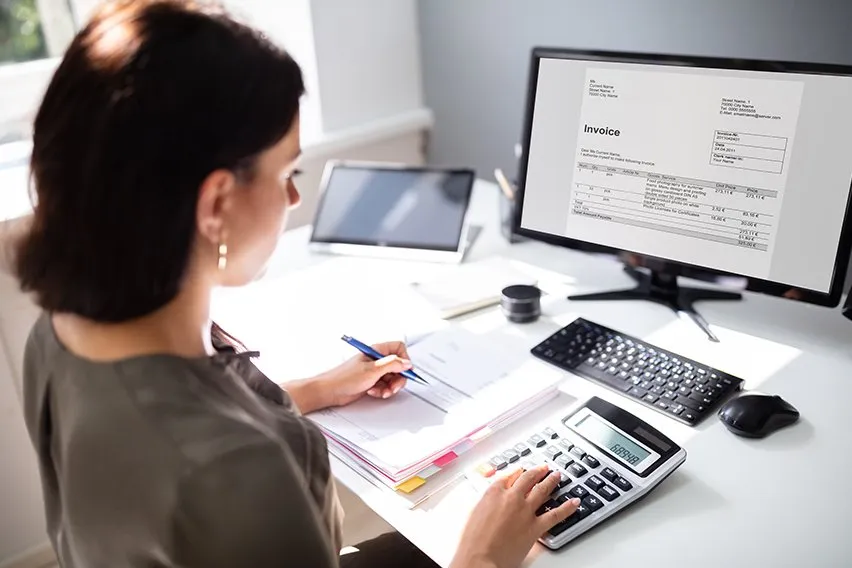
Paper receipts were vital to accounting not so long ago. Now we have e-receipts. How helpful are they? Read on to discover more.
Not too many years ago, accounting meant keeping a record of your paper receipts for years. That meant having printed receipts for every business expense. For every invoice your clients pay, you also No wonder most accountants pre-internet were drowning in reams of receipts!
Now we have the electronic version. e-receipts help keep diligent records without
Here’s What We’ll Cover:
What Are e-Receipts and How Do They Work?
The Benefits of Using e-Receipts
What Are e-Receipts and How Do They Work?
e-Receipts are electronic receipts. At its core, an e-receipt is proof of payment that you give to a customer. Instead of having a physical paper receipt, e-receipts are completely digital.
Many countries are adopting digital receipts as legal proof of purchase and admissible during tax time. That’s a fantastic innovation and saves on all the paperwork you need to keep!
Consider that in the UK, you’re required to keep a record of all of your financial transactions for 6 years. Paper receipts could be lost or destroyed pretty easily in all that time.
Fortunately, the HMRC allows for e-receipts to fulfil legal/taxation requirements for businesses.

So How Do They Work?
e-Receipts are typically automatic if you have accounting software like ours. All you have to do is send an invoice to your client and let them pay using the online payment processors we have. After they’ve paid, they’ll get an automatic e-receipt for their purchase. Easy!
The same goes for you when you make a purchase for your business. You’ll likely receive an automatic receipt to your email address.
If you don’t have an automatic digital invoice and receipt system, you can create your own.
A receipt must include:
- Name/CPU of the product or service
- Quantity of each product or service
- Sales price of each product or service
- Total sales price (without tax)
- Rate of tax and tax amount
- Total price with tax
The Benefits of Using e-Receipts
- They don’t require any physical storageIf you can upkeep a physical filing system for receipts, you’re a better person than many of us! Filing your receipts away digitally saves on storage space and can be easier to organise.
- They’re eco-friendlyThere will always be some things we need paper for in business. Receipts are no longer one of them. Digital receipts help save the planet in a minute way.
- You can collect email addressesIf you have a physical store and usually print paper terminal receipts, digital receipts give you an extra advantage. To send an e-receipt, you need the customer’s email address. If they consent, you can use this email address to market to them directly.

e-Receipts and GDPR
We touched on the fact that e-receipts can help you collect email addresses. How does this affect GDPR?
General Data Protection Regulation came into effect in 2018. Though it’s EU legislation, we still practice it in the UK (at the time of writing).
GDPR states that you can’t assume that a customer is giving you consent to email marketing to them if they provide their email address for a receipt. So you need express permission from them to be part of a mailing list.
How To Store e-Receipts
Now for business expense receipts. How do you store them ready to file for your tax return?
- Convert any paper receipts into digital receipts. If you have an online accounting system like ours, you can do this incredibly easily. Simply take a photo of the paper receipt and save it to your expense line item when you record it.
- Attach digital receipts to their expensesOn your accounting software, attach all receipts to the corresponding expense. Our system has cloud storage that syncs across mobile and desktop.
Key Takeaways
e-Receipts are the way of the future. If you can, rid yourself from those pesky paper receipts and use an accounting system that will digitise them for you!
For more accounting guides like this one, check out our resource hub!
RELATED ARTICLES

 Collaboration Skills: Definition, Example & 3 Skills to Build
Collaboration Skills: Definition, Example & 3 Skills to Build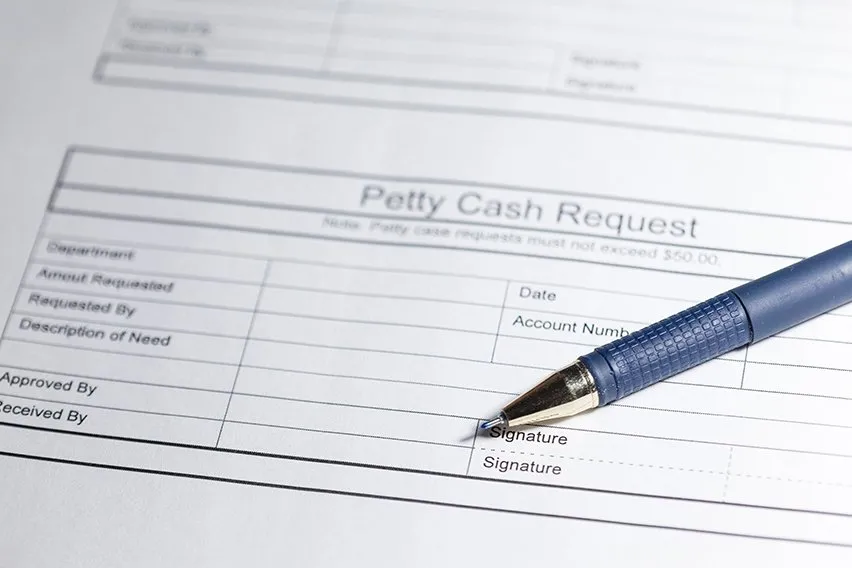 What Is Petty Cash? How to Set Up & Manage It
What Is Petty Cash? How to Set Up & Manage It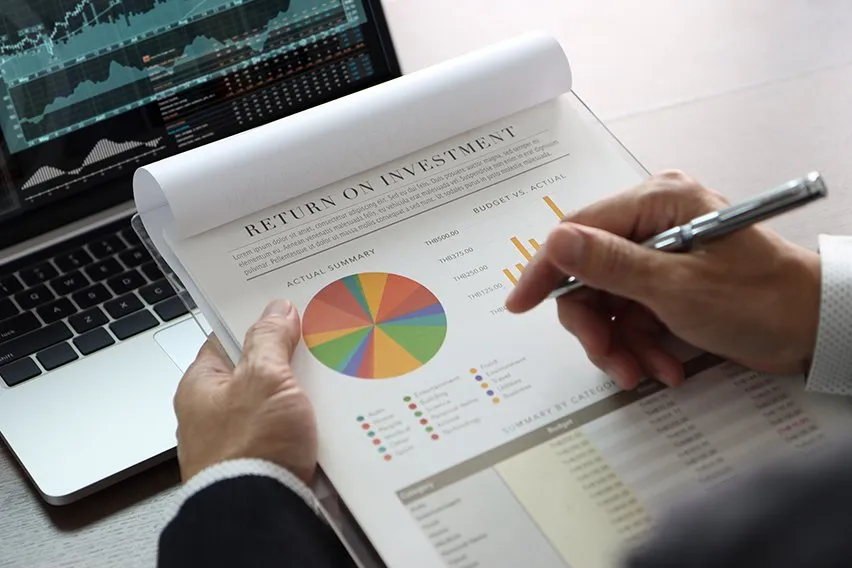 What Is Input Tax (Input VAT)? A Tax Guidance
What Is Input Tax (Input VAT)? A Tax Guidance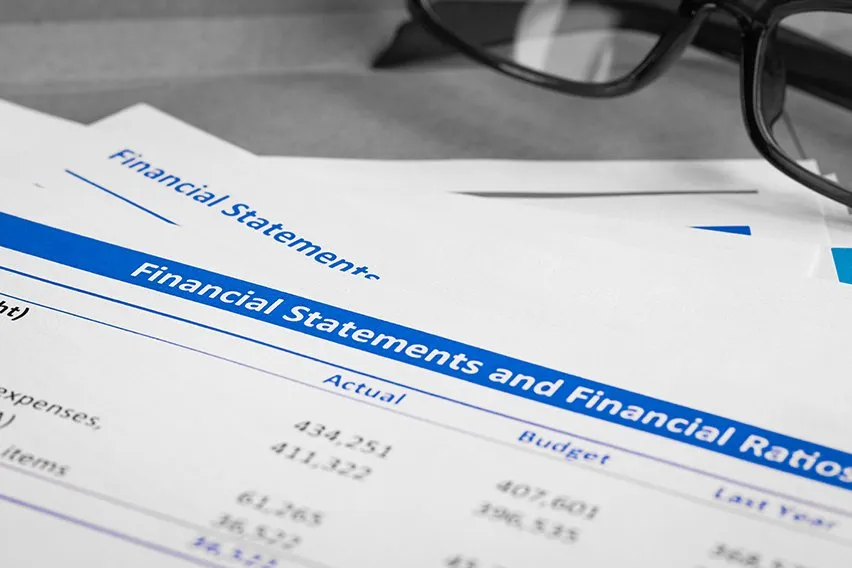 What Is a Financial Statement? Overview, Definition & Types
What Is a Financial Statement? Overview, Definition & Types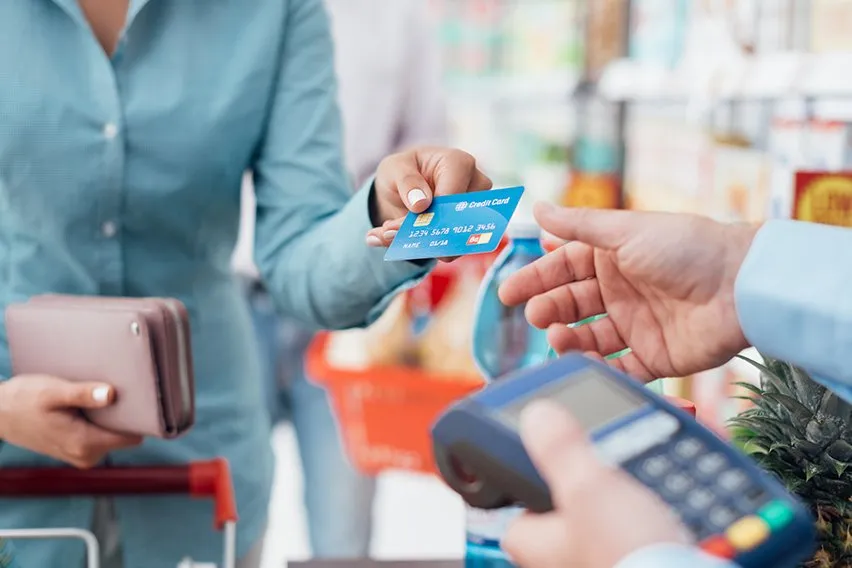 What Is a Transaction? Definition & Meaning in Accounting
What Is a Transaction? Definition & Meaning in Accounting Invoice Discounting vs Factoring: What’s the Difference?
Invoice Discounting vs Factoring: What’s the Difference?